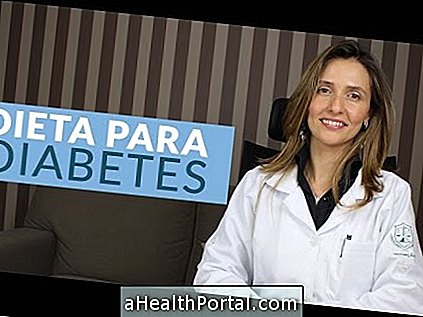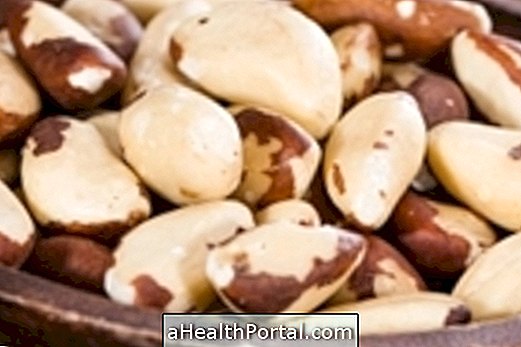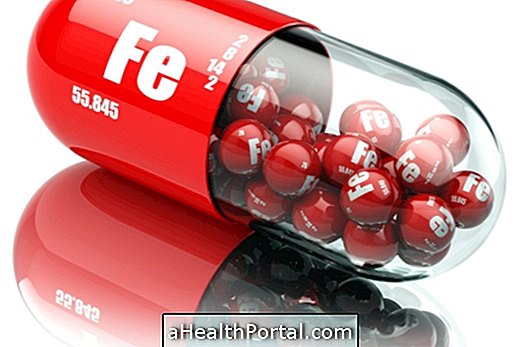Every diabetic needs to lower their intake of salt and fats in their food to protect themselves from heart disease such as hypertension and atherosclerosis. Also it is important to keep weight controlled, do physical activity regularly and keep the blood sugar rate under control.
Diabetics are more likely to develop diseases because increasing glucose makes the salt present in the blood favors hypertension, and changes in blood pressure along with excess blood sugar increases the risk of atherosclerosis.
Here's what the diabetic can do to prevent heart problems:
1. Reduce consumption of salt and fat
To reduce the consumption of salt and fats you should decrease the amount of salt added in the preparation of meals and prefer the use of herbs such as coriander, parsley and basil. In addition, it is also necessary to reduce consumption of high-salt industrialized products such as knorr broths, soy sauce, English sauce, powdered soups, sausages, packet chips and cheeses like parmesan and cheddar. See more examples in: Foods rich in sodium.
To reduce your intake of fats you should avoid fried foods, frozen ready-made foods, red meats, sausages, sausages, stuffed biscuits, whole milk and yellow cheeses such as cheddar and catupiry, fast food and alcoholic beverages.
Watch nutritionist's tips for healthy eating:

2. Control the weight
To control weight one should increase fiber intake in meals because they give the sensation of satiety and reduce the absorption of fats in the intestine. In addition to the main meals, you should make morning and afternoon snacks to help the proper functioning of the body and avoid the sensation of constant hunger. See more tips to control weight in Simple Tips to lose weight without sacrifice.



3. Do physical activity 3 times a week
Physical exercise increases the muscles in the body, which helps reduce the amount of blood sugar. A good example is walking because it is a simple exercise and only about 30 minutes of walking daily, or 1 hour 3 times a week, already bring benefits such as improvement of blood circulation and reduction of blood pressure, contributing to the health of the heart .

























